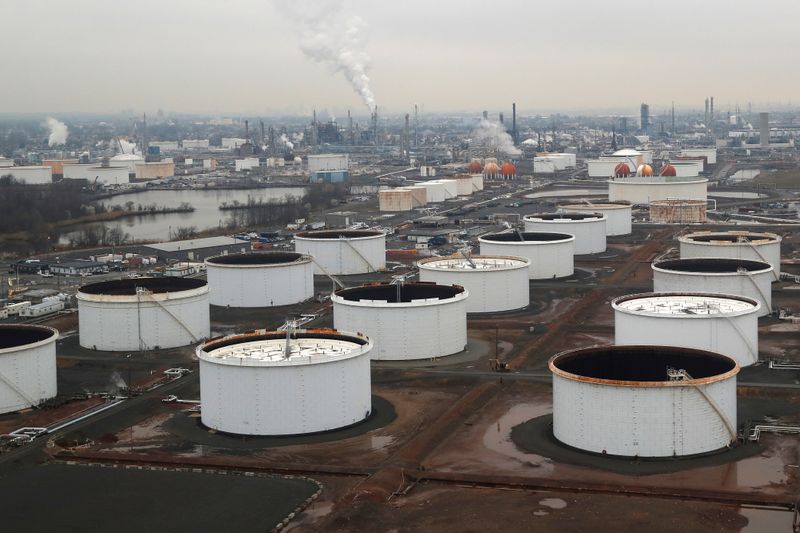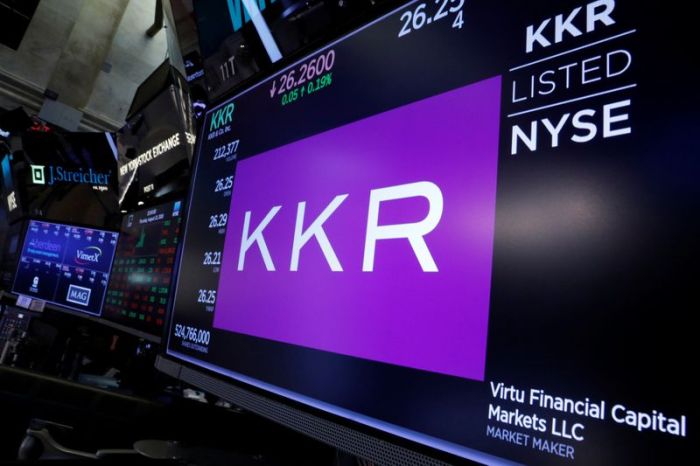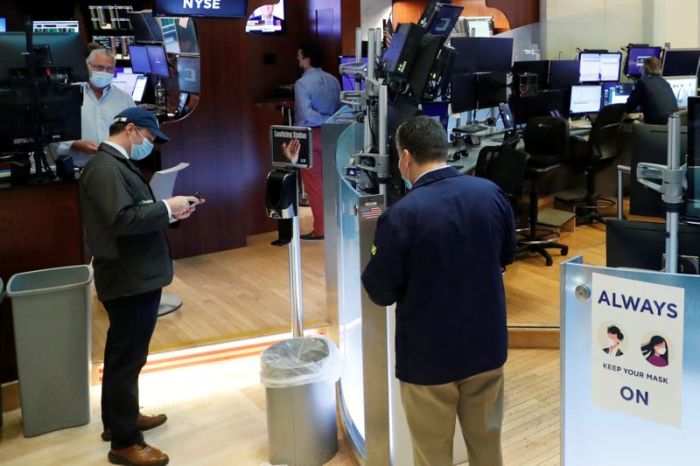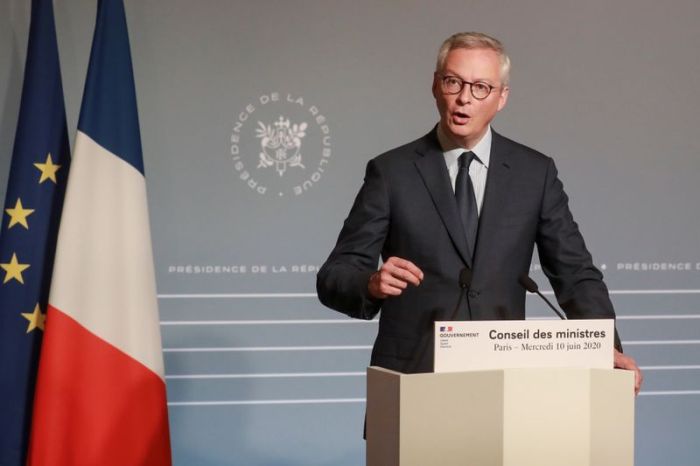NEW YORK (Reuters) – Oil prices rose slightly on Thursday as a panel of OPEC and its allies met to review record oil supply cuts, even as the market remained concerned about additional coronavirus cases reported in parts of the United States and China.
Brent crude <LCOc1> futures settled at $41.51 a barrel, up 80 cents or nearly 2%. U.S. West Texas Intermediate (WTI) crude <CLc1> futures settled at $38.84 a barrel, up 88 cents, or 2.3%.
“You’re going to see more OPEC compliance,” said Phil Flynn, senior oil analyst at Price Futures Group in Chicago. “I think we’d be a lot higher if it weren’t for these coronavirus fears.”
An OPEC+ panel pressed countries such as Iraq and Kazakhstan on Thursday to comply better with oil cuts and left the door open for extending or easing record production curbs from August.
The panel, known as the Joint Ministerial Monitoring Committee (JMMC), advises OPEC+ and will meet again on July 15, when it would recommend the next level of cuts, designed to support oil prices battered by the coronavirus pandemic.
The Organization of the Petroleum Exporting Countries and allies, known as OPEC+, have been cutting output since May by a record 9.7 million barrels per day (bpd) – or 10% of global supply – after oil demand plunged by up to a third.
Thursday’s discussion was unlikely to recommend an extension of record cuts into August, sources said. OPEC+ compliance with production cut commitments in May was 87%, two OPEC+ sources said on Wednesday.
Worries about fuel demand rose after a surge in coronavirus cases led Beijing to cancel flights and shut schools while several U.S. states, including Texas, Florida and California, reported sharp increases in new cases.
A second straight weekly rise in U.S. crude stockpiles to a record high also weighed on sentiment, but U.S. government data showed lower inventories of gasoline and distillates, indicating higher demand.
OPEC warned in a monthly report that the market would remain in surplus in the second half even as demand improves, saying it now expects supply from outside the group to be about 300,000 bpd higher than previously thought.
(Additional reporting by Sonali Paul in Melbourne and Roslan Khasawneh in Singapore and Shadia Nasralla in London; editing by David Gregorio, David Evans, David Goodman and Jonathan Oatis)


























